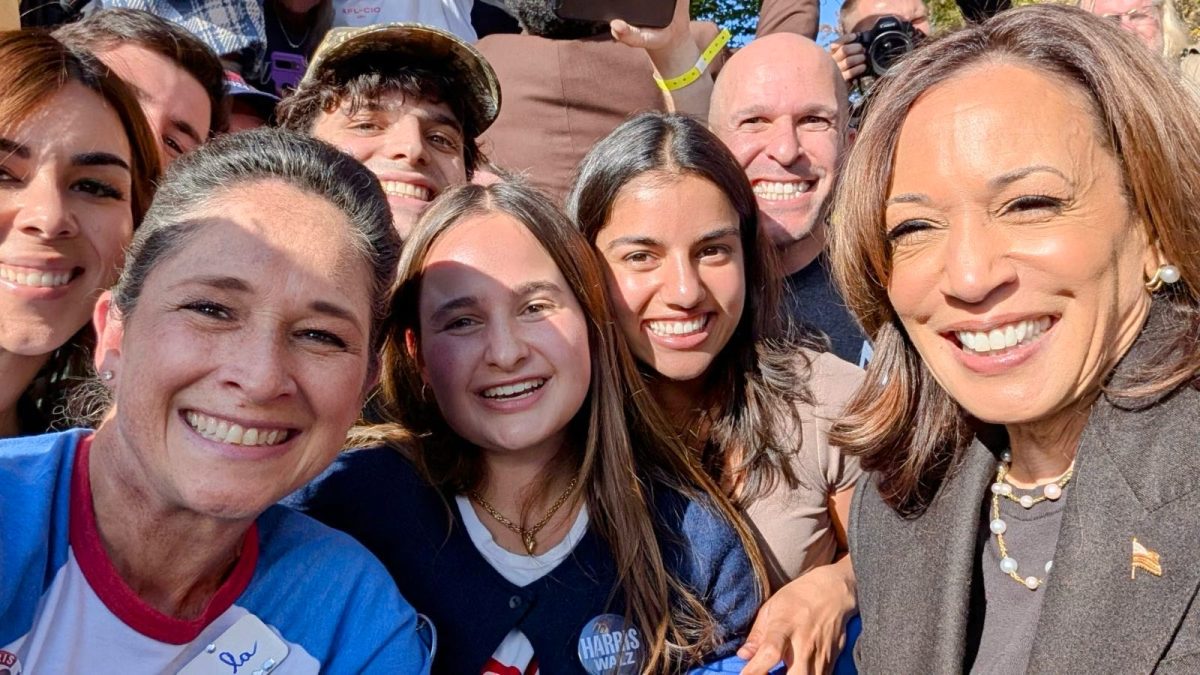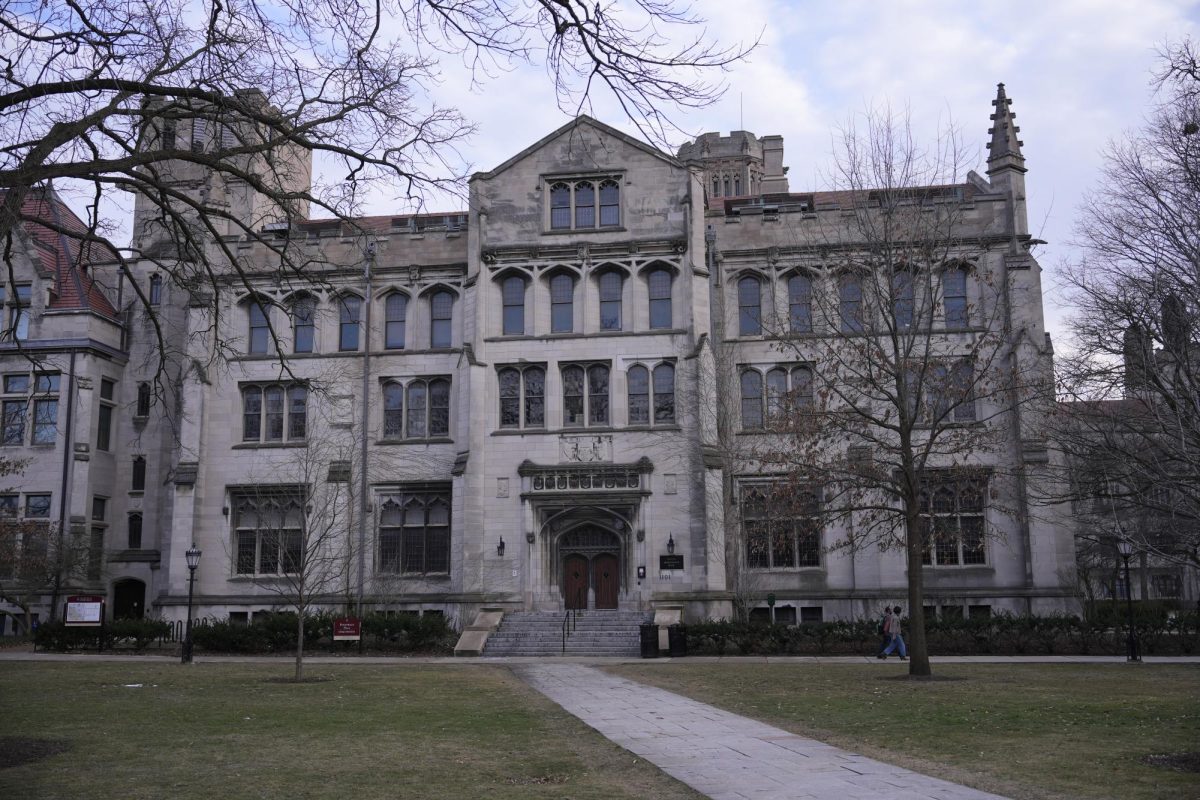Approximately one hundred of my Facebook friends have posted that The New York Times article about unpaid internships. “The Unpaid Intern, Legal or Not” explores the growth of unpaid internships and reports that many, in fact, are not legal under existing law. Based on the fact that the article was the most popular on the Times’ website a couple of days ago, the piece is being treated like an exposé on child labor in America. The poor suffering college students, fetching coffee, and not even being compensated. The reality is not like this, of course, and most college students know this: Unpaid internships aren’t as great as paid internships, but most of the time, they’re well worth it.
Last summer, my roommate had an unpaid internship, working at a small, high-brow magazine that likely would not have been able to pay him if it had to. It was not the best summer for him: He got a job as a waiter, often pulling sixty-plus hour workweeks with the jobs combined. His take-home pay was just enough to scrape through the summer, as he subsisted on Ramen noodles. And yet he did it. He took the best job he could find, considering all the factors.
And he’s one of many success stories: He got several great clips under his belt, parlaying them into another journalism job; his employer got top-notch work for free. Win, win.
Yet under federal guidelines, there can be no win-win situations. As the Times article reports, an employer may “derive no immediate benefit” from an intern’s work. By that standard, every unpaid internship is illegal. It’s ridiculous to assume that a company will offer internships out of the goodness of the company’s non-existent corporate heart. Companies do what’s in their own best interest; luckily enough, that often aligns with the interests of college students looking for experience and willing to work on the cheap.
The article cites “many students and administrators [who] complain that the growth in unpaid internships undercuts that effort by favoring well-to-do and well-connected students, speeding their climb up the career ladder.” But is eliminating these unpaid internships the solution to this legitimate problem? If anything, it seems more likely that “well-to-do and well-connected students” would have even more connections in industries where interns are wellcompensated. Meanwhile, the less-well-off might be denied the very (unpaid) internships that they need to make connections and climb the social ladder.
The Times reports day-to-day tasks of interns as if uncovering some great shocking fact: “One Ivy League student said she spent an unpaid three-month internship at a magazine packaging and shipping 20 or 40 apparel samples a day back to fashion houses that had provided them for photo shoots.” The horrors! An Ivy League student wasting time doing menial work for no pay! But there’s a reason that the students stick with such jobs: They get the opportunity to make meaningful connections, talk with people in the industry, see what life is like at the company, and nab a few good references.
The notion that the government is needed to protect college students from the unpaid jobs they themselves take is a flawed one. We take such jobs because we want to and because we know it’s worth it in the long run. If such work is made illegal, then the jobs will disappear.
And with college students, we’re not talking about an undereducated group, one that needs to be protected from predatory employers—no, by and large, I think it’s safe to say that college students are savvy job hunters. We search for paid jobs first—and employers know that a paid internship will get more candidates than an unpaid one—and if we can’t find one, some of us settle for an unpaid offer. Employers who offer us that option aren’t taking advantage of us; they’re offering us new opportunities.
— Matt Barnum is a fourth-year in the College majoring in psychology.







